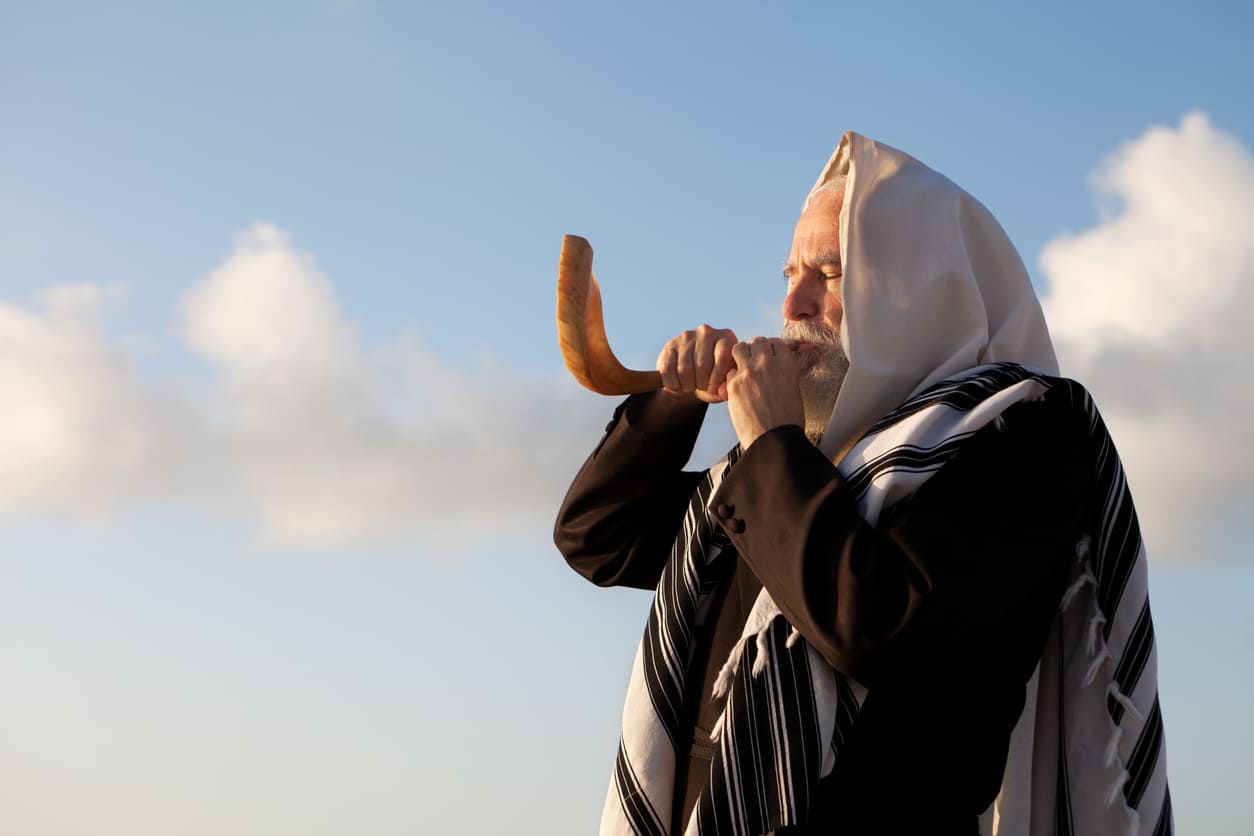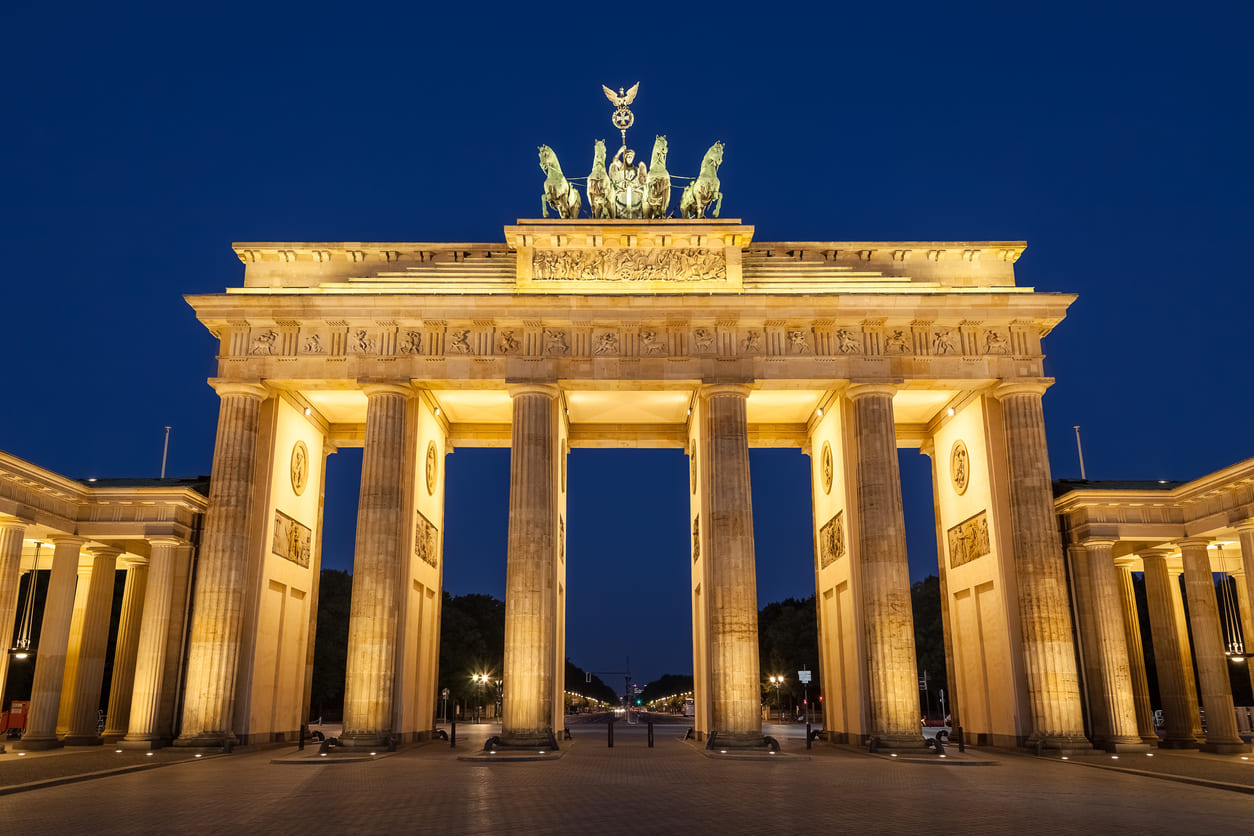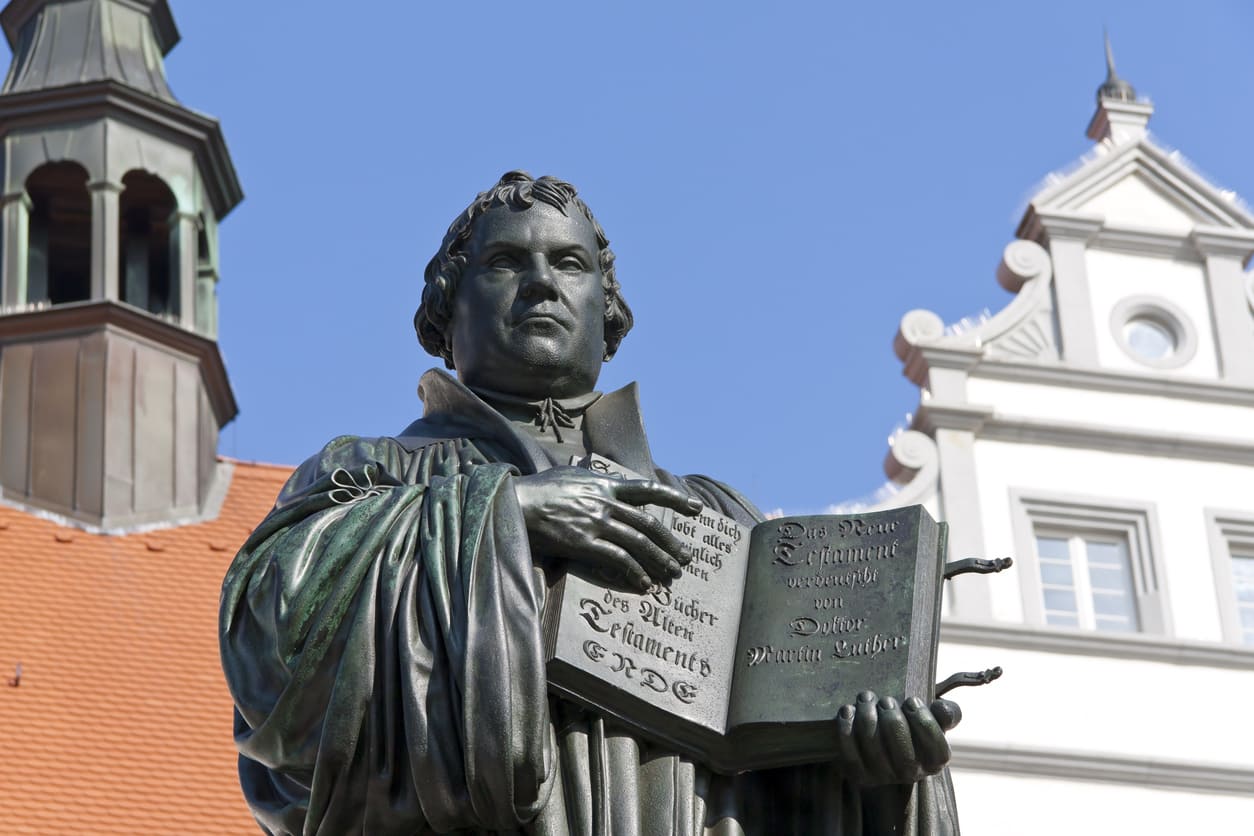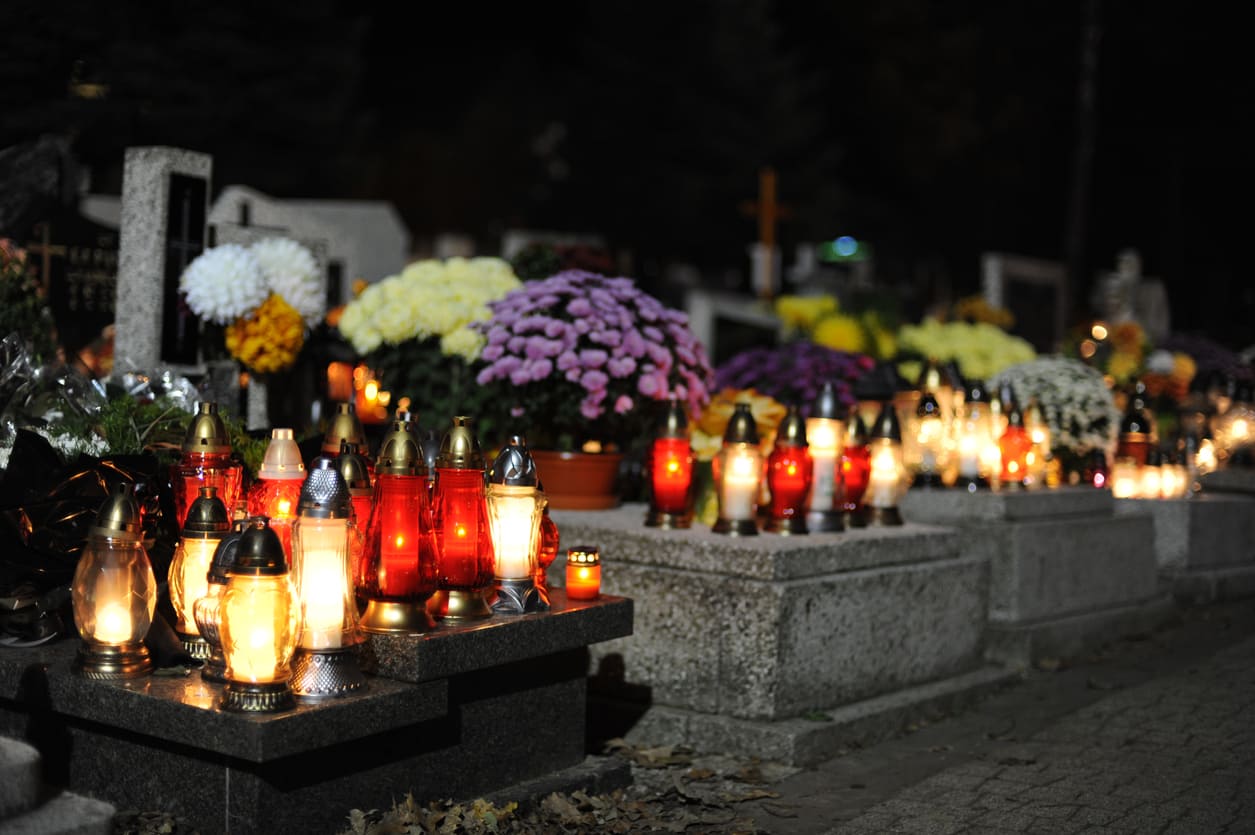Dates of Rosh Hashana in Germany
| 2026 | Sep 12 |
| 2025 | Sep 23 |
| 2024 | Oct 3 |
Related Holiday in Germany
Germany Holiday Calendars
Rosh Hashanah, the Jewish New Year, marks the beginning of the High Holy Days. It is a time for self-reflection, prayer, and the sounding of the shofar, symbolizing renewal and the start of a spiritual journey. Families gather to celebrate with festive meals featuring symbolic foods like apples and honey.
Rosh Hashana: A Public Holiday?
Rosh Hashana is not a public holiday in Germany. Businesses, offices, and schools follow regular opening hours. However, in states such as Bavaria, Bremen, North Rhine-Westphalia, and Saarland, it is recognized as an observance, and Jewish communities may hold special events and services to mark the occasion.

Rosh Hashana
Rosh Hashanah, the Jewish New Year, originates from biblical times and is mentioned in the Torah as the day of sounding the shofar, a ram's horn. It marks the start of the High Holy Days, a ten-day period of reflection and repentance that concludes with Yom Kippur. Historically, Rosh Hashanah has been a time for spiritual renewal and a chance to begin the year with a clean slate, emphasizing themes of introspection, forgiveness, and hope for the future.
Observance of Rosh Hashana in Germany
Jewish communities in Germany observe Rosh Hashanah with a blend of religious rituals and family traditions. Synagogue services play a central role in the celebration, featuring special prayers and the blowing of the shofar, which serves as a symbolic call to reflection and repentance. Families gather for festive meals that include symbolic foods such as apples dipped in honey, representing a wish for a sweet new year, and round challah bread, symbolizing the cyclical nature of time. Traditional dishes are prepared and shared, creating a sense of togetherness and celebration.
Although Rosh Hashanah is not a public holiday in Germany, it holds significant spiritual and cultural importance for Jewish communities. Many individuals take time off work or school to attend services and spend time with family. In cities with larger Jewish populations, synagogues and cultural centers often organize community events and services, allowing people to come together and share in the traditions of the holiday.
The importance of Rosh Hashanah lies in its role as a time of renewal and self-reflection. It encourages individuals to take stock of their lives, seek forgiveness, and commit to personal growth and positive change in the year ahead. For Jewish communities in Germany, Rosh Hashanah is a deeply spiritual occasion and a chance to strengthen bonds with their faith, family, and heritage, making it a meaningful and hopeful start to the new year.
Rosh Hashana Observances
| Year | Date | Weekday | Name | Holiday Type | Region |
|---|---|---|---|---|---|
| 2024 | Oct 3 | Thu | Rosh Hashana | Observance, Hebrew | BY Bavaria , HB Bremen , NW North Rhine-Westphalia , SL Saarland |
| 2025 | Sep 23 | Tue | Rosh Hashana | Observance, Hebrew | BY Bavaria , HB Bremen , NW North Rhine-Westphalia , SL Saarland |
| 2026 | Sep 12 | Sat | Rosh Hashana | Observance, Hebrew | BY Bavaria , HB Bremen , NW North Rhine-Westphalia , SL Saarland |
| 2027 | Oct 2 | Sat | Rosh Hashana | Observance, Hebrew | BY Bavaria , HB Bremen , NW North Rhine-Westphalia , SL Saarland |
| 2028 | Sep 21 | Thu | Rosh Hashana | Observance, Hebrew | BY Bavaria , HB Bremen , NW North Rhine-Westphalia , SL Saarland |



